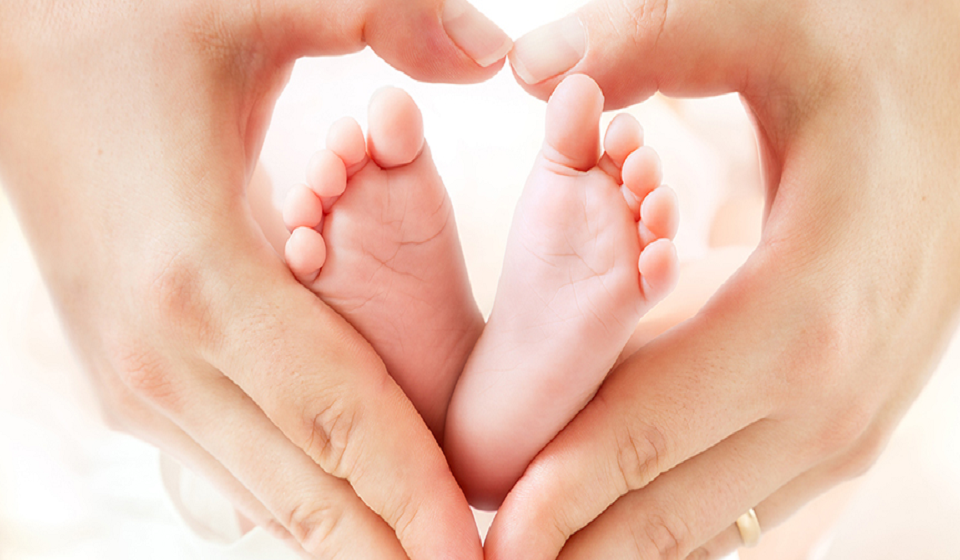Approximately 1 in 6 couples have trouble conceiving. A combination of factors can contribute: delayed motherhood, toxins in the environment, and stressful lifestyles that affect the balance of hormones.
Traditional Chinese Medicine defines fertility issues with Qi, Blood, Yin and Yang unbalance regarding to Zhangfu(Organs) and Meridian systems.
Some studies show that acupuncture can help fertility by reducing the effects of stress and balancing the hormones. It may increase blood flow to the uterus and ovaries, increase the uterine lining, prevent the uterus from contracting, lessen the side effects of drugs used in IVF, strengthen the immune system, decrease chances of miscarriage, and improve quality, quantity, and motility of sperm.

RESEARCH ON ACUPUNCTURE AND FERTILITY
Most if not all the studies of acupuncture’s effects on fertility have been very narrow in scope, primarily only looking at the effects of acupuncture on IVF patients within the narrow time frame of pre and post embryo transfer. The earliest and perhaps most well known study was done in Germany in 2002 by Wolfgang E. Paulus. The pregnancy rates of 2 groups of women undergoing IVF were compared. The group receiving acupuncture 25 minutes before, and 25 minutes after embryo transfer had a pregnancy rate of 42.5% compared to 26% for the non-acupuncture group.
Regarding male factor infertility, acupuncture can improve sperm production and motility. In a study reported in 2005 researchers looked at the effects of acupuncture on the structural health of sperm in men with infertility of unknown cause. 28 infertile men received acupuncture 2 times a week for 5 weeks, and 12 men received no treatment. Sperm samples were analyzed at the beginning and end of the study. Significant improvements in sperm quality in the acupuncture group were noted. Treatment was associated with fewer structural defects in sperm and an increase in the number of normal sperm.
All of the above research was published in Fertility and Sterility, the journal of the American Society for Reproductive Medicine.
Even though researches have proved acupuncture and Chinese herbs can improve fertility result including with IVF/IUI. However, the mechanism of how that works can be multiple or even now some aspects still don’t know. Many websites or western doctors recommend acupuncture for it helps relieving stress or increasing circulation. That is only one set of benefits or how acupuncture works. Other traditional methodologies that typical Chinese medicine doctors use are more complicated such as meridian unblocking, Organ function tuning, Yin/Yang, etc. Also topics on where to put on needles, how long, how much stimulation, on what base are also very technical and require more thorough education, knowledge and experience. What is the goal of acupuncture treatment to specific condition? For eg. PCOS, how much improved during the treatment in regard to ovulation? pregnancy? discharge quality? period quality improvement, and many more.
Chinese Medicine including acupuncture can help with fertility issues
Benefits in areas
female infertility
Follicle egg quality, Lower Ovarian Reserve, High FSH, High prolactin, Fibroids, Ovarian Cysts, PCOS, Partial blocked Tubes, Uterus lining and Advanced age.
male infertility
Sperm count or motility problem, Ejaculation problem
pregnancy
Nausea and vomiting, miscarriage, preeclampsia, baby breech, labor prolonging, etc.
menopause transition
Early menopause, Hot flashes and sweating, over weight, stress anxiety.
IUI IVF support
Studies show acupuncture doubles the chances of getting pregnant through IVF. Among couples undergoing the fertility treatment, the likelihood of pregnancy was greatly improved if the woman also had acupuncture. Scientists at Homerton University Hospital studied 127 women aged between 23 and 43…
menstrual regulation
“A woman should really be tracking her own menstrual cycle, because it provides huge numbers of clues about whether something’s not right,” says Frances Ginsburg, MD, director of reproductive endocrinology. The health of menstrual cycle: bleeding days, total number of days of a cycle, blood texture amount and color, discharge mucus amount and texture color, and PMS symptoms. Irregular Period includes Amenorrhea, Dysmenorrhea, Endometriosis, Anovulation, Hormone Imbalancing, Thyroid/Adrenal Issues, Fibroids, Ovarian Cysts